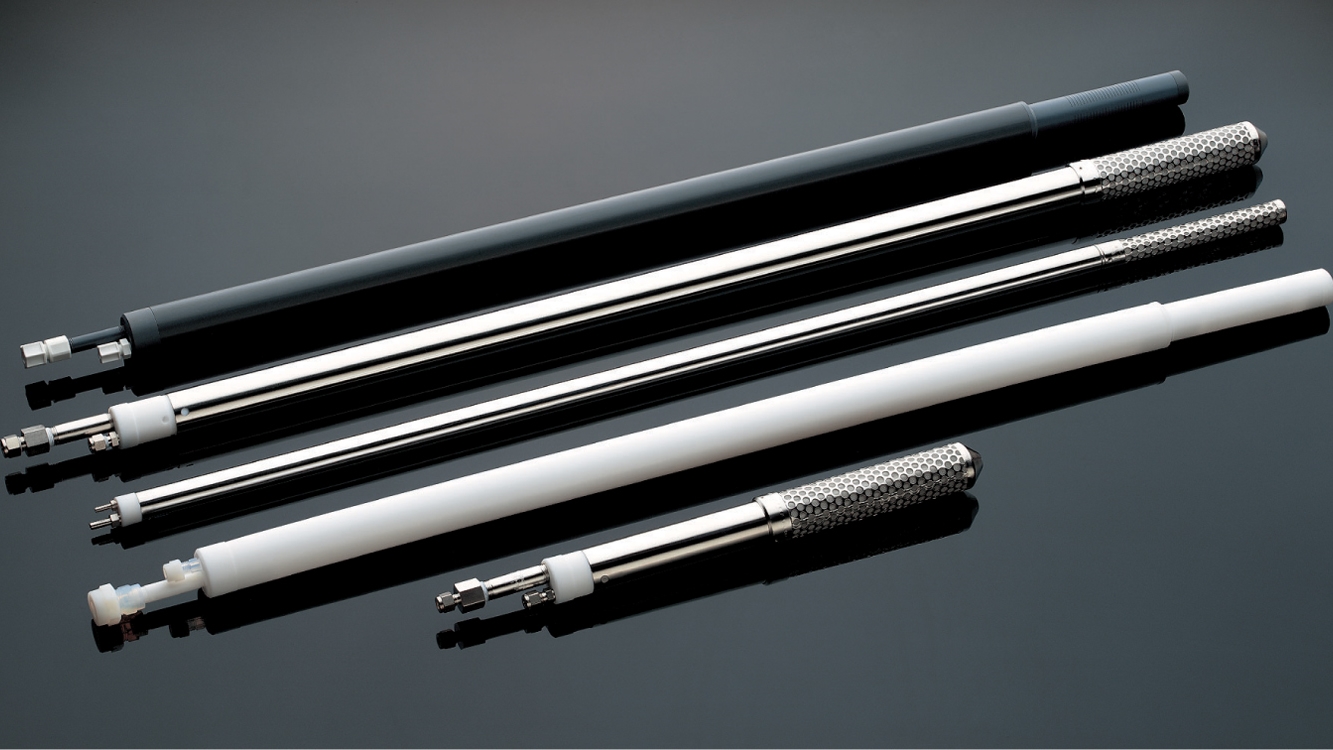The adoption of more accurate groundwater sampling techniques holds the key to monitoring the presence of PFAS in UK water supplies, urges an environmental technology expert.
This warning, from QED Environmental Systems, follows the publication of a study by the BBC that found PFAS levels exceeded European safety limits in over half of the samples taken.
Just weeks earlier, Cambridge Water admitted that water containing over four times the regulatory limit of perfluorooctane sulphonate (PFOS) was blended with other waters and supplied to over 1,000 customers in south Cambridgeshire last year.
The toxic chemical, which was commonly used as a protective coating for textiles and furniture in the past, is part of the wider family of polyfluoroalkyl substances (PFAS) – dubbed ‘forever chemicals’ as they are designed not to break down. Epidemiological studies have linked the group to conditions such as high cholesterol, thyroid disease and cancers of the kidney and prostate.
Mike White, Territory Manager for UK & Ireland at QED Environmental Systems, said: “The detection of such high levels of PFAS in UK water supplies is a troubling development, and appears to form part of a growing trend. With almost half of the samples from the BBC’s study exceeding the European Food Standards Agency’s limit of 2.2ng/l, this is well above the acceptable level for human consumption.
“At such a juncture, it’s important to determine how such large instances of contamination are able to regularly slip through the net, with a similar flashpoint occurring in south Cambridgeshire only last year. Naturally, we must start to ask questions around whether water is being effectively sampled and with what methodology.”
The Environment Agency has suggested that PFAS is “ubiquitous in the environment” and particularly in waters, making eradication of the chemical near impossible. However, Mike believes that more stringent monitoring of its presence in UK water supplies is key to keeping risk levels to a minimum.
Unlike the US, water companies in the UK are not required to routinely test for PFAS, and are only required to “consider” the restricted PFOS and PFOA in risk assessments. Moreover, testing for PFAS using traditional groundwater sampling techniques can often prove problematic, with high purge pumping often leading to an underestimation of maximum contaminants due to dilution.
Low-flow sampling equipment, such as QED’s Well Wizard, enables the safe extraction of water using lower pumping levels that reduce turbidity, increase accuracy and reduce the risk of contamination, resulting in a more representative sample.
Mike concluded: “In order to prevent this trend from developing, the UK must make the move to mirror our US counterparts and deploy a nationwide, rigorous sampling regime. The risk of adverse effects increases exponentially with the concentration of PFAS in the water supply, so obtaining a representative sample will be key to assessing the level of risk we are facing. Only through large-scale adoption of the most accurate sampling methods and products, will we mitigate the presence of PFAS in the UK water supply.”



